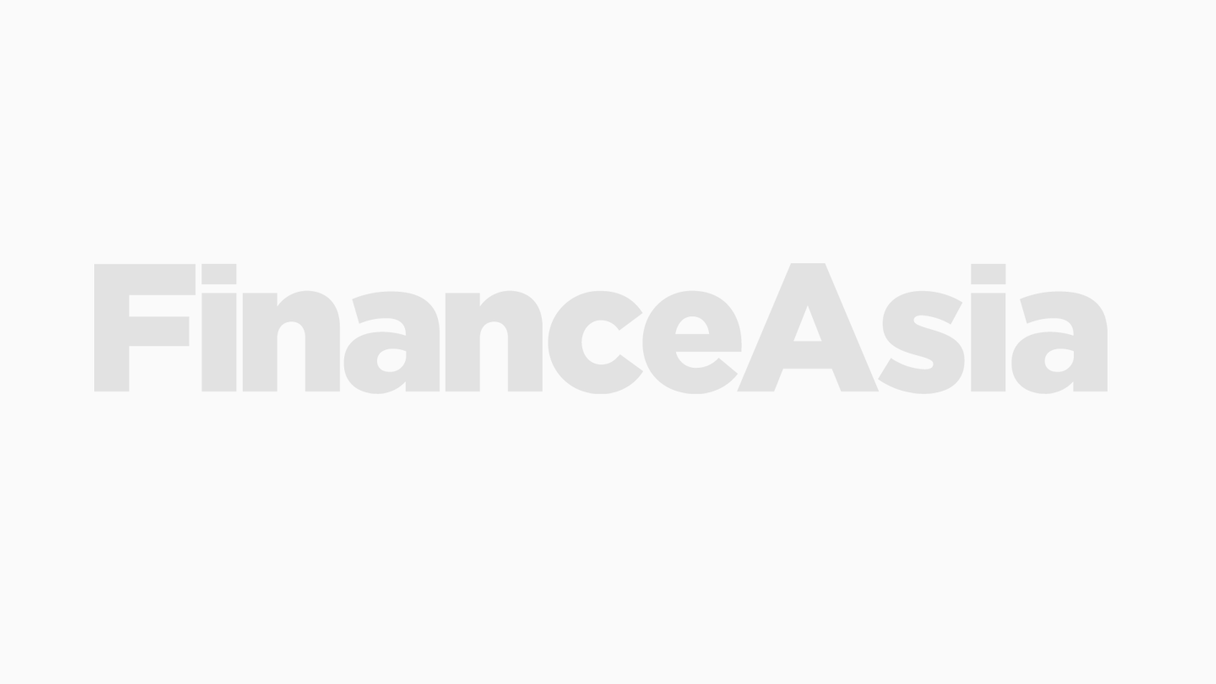Bain Capital and Huawei Technologies on Thursday withdrew their joint $2.2 billion bid for 3Com, causing 3ComÆs shares to plunge 11% to $1.98.
US private equity firm Bain Capital announced in September 2007 a deal to acquire Massachusetts-based networking company 3Com for $2.2 billion. The proposal envisaged Shenzhen-headquartered Huawei Technologies buying 16.5% of 3Com and Bain 83.5%. With its equity stake Huawei would get three board seats out of a total board of 11 and an option to increase its ownership stake to a maximum 21.5%. Bain and Huawei are advised by Citi and UBS.
But the deal was mired in controversy since it was announced. Questions were raised about the ties of Huawei founder Ren Zhengfei to the PeopleÆs Liberation Army in China. Specifically, concerns were expressed that the deal would give Huawei access to 3Com subsidiary Tipping Point. Tipping Point supplies anti-intrusion technology û the software which prevents secure networks from being hacked into û to customers including the US department of defence. Sensitivity in the US to Chinese ownership of such critical software runs high and caused a house of representatives member to request that the Committee on Foreign Investment in the United States (CFIUS) not approve a deal which would allow "communist China's cyber-hacking hands" access to such technology.
By bringing Huawei with it to the table, Bain was structuring a robust buy-side consortium for 3Com. The most valuable part of 3Com is its China subsidiary H3C (the erstwhile Huawei 3Com). Huawei is less likely to compete with H3C if it has an equity stake in its parent. Further, bringing Huawei to the table enabled the buy-side to structure an optimal debt financing package which included participation from Bank of China and others. 3Com is advised by Goldman Sachs.
The deal was referred to CFIUS for approval. Several politicians lobbied hard for the deal to be rejected with the result that the CFIUS approval ran into trouble. In February Bain issued a statement that it was committed to working with the committee to develop a workable solution to mitigate the security concerns being expressed.
Analysts expected that the mitigation proposal would take the form of a spin-out of Tipping Point, followed by an IPO or trade sale of that business.
But then at the end of February, Bain/Huawei and 3Com announced they were withdrawing the application for CFIUS approval. Some analysts still felt this was a pre-requisite to a different takeover proposal being submitted for approval, one which did not involve Tipping Point. Indeed, 3Com postponed a shareholder meeting to approve the deal to March 21 but did not shelve the said meeting.
And now comes Thursday's news that Bain and Huawei have withdrawn their offer. "Bain Capital made several alternative proposals to 3Com that we believe could have satisfied the concerns raised by CFIUS," says Bain. "We regret that we were unable to agree on an alternative transaction."
3Com issued a statement later on Thursday that it does not believe that BainÆs ôattempt to terminate its merger agreement with 3Com is valid and the reasons cited in Bain CapitalÆs press release are not grounds for termination of the agreementö.
3Com intends to pursue the $66 million termination fee payable to it by Bain. It went ahead with FridayÆs shareholder meeting as shareholder approval was a pre-requisite for 3Com to seek the break-up fee.
ôBain Capital did submit non-binding, confidential proposals to the 3Com board of directors, however the board determined that such proposals were not in the best interest of shareholders,ö says 3Com in its filing to shareholders.
The Bain-Huawei offer translated to $5.30 a 3Com share. 3ComÆs shares have been in freefall since the deal ran into trouble and lost another 11% on Thursday to close at $1.98. The company is now worth around one-third of what Bain offered.
The $66 million break fee will no doubt be welcome for 3Com's bottom line but is unlikely to give much enduring comfort to 3Com's shareholders. Shareholders are facing the reality that the private equity environment has changed since last year, as the subprime crisis continues to claim victims among the banking system, and another takeover offer may not be forthcoming.
The failure of the deal has also caused some specialists to question how the deal has reached this dead-end.
In a communication to shareholders in January, 3Com disclosed that a scenario had been considered in which Bain-Huawei would acquire 3Com without Tipping Point and in this case a valuation between $4.50 and $5.00 was envisaged. Shareholders are probably now wondering why this option was not pursued.
Further, sounding out regulators that key approvals will be forthcoming is routine for high-profile deals, especially in the private equity industry. As the parties involved û Bain and the investment banks û are seasoned dealmakers, it would be surprising if that was not the course of action adopted in this case as well.
Other specialists comment that xenophobia in the US, especially with respect to China, is at an all-time high. CFIUS approval is now routinely required for all cross-border inbound M&A deals and not just for those that could pose a threat to national security as used to be the case earlier.
It seems likely that Chinese companies will proceed with even more caution in their pursuit of US companies. China is one of the economies likely to weather the subprime situation and has a banking system flush with funds, thus is likely to continue on an acquisition spree. Indeed, Chinese companies have announced three deals totalling around $15 billion to acquire significant stakes in Australia-based target companies since the beginning of this year.
It seems increasingly likely that China will target countries where they are liable to succeed in their M&A forays, rather than pursue deals in countries where they seem unwelcome. This is unlikely to have been the intended fallout of the Bain-Huawei deal but could well be the way things turn out.



